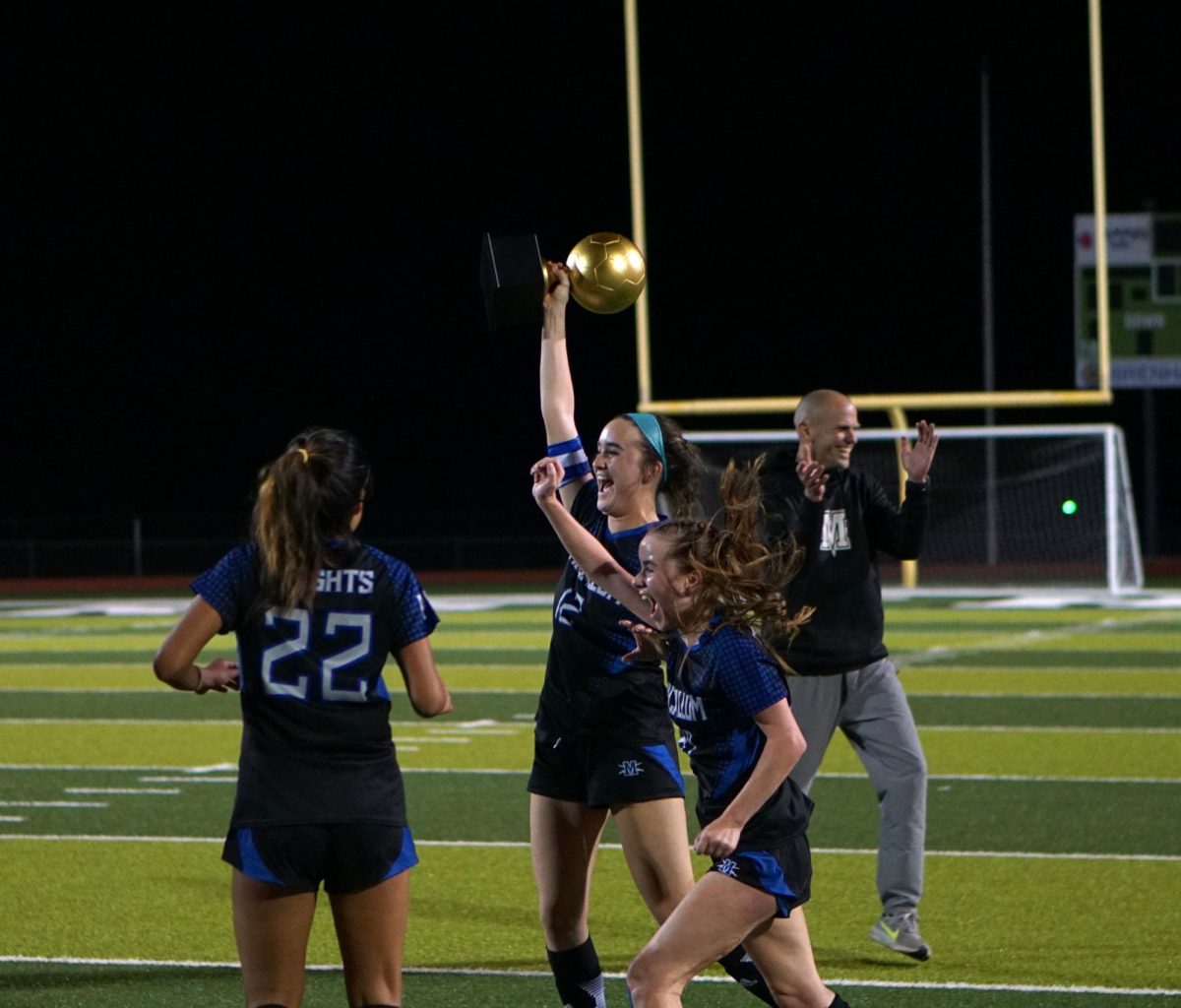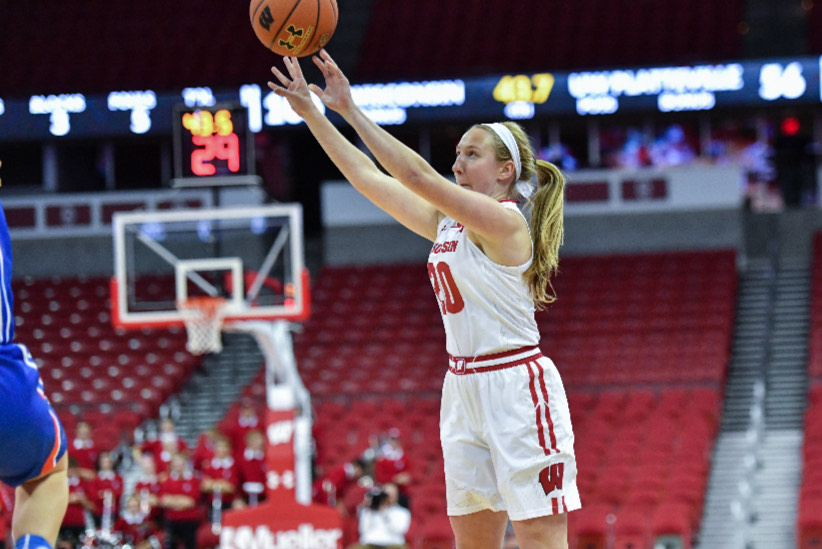The College Football Selection Committee has come out with its second end-of-the-year ranking of the top four teams in college football. After studying the 128 teams in the FBS, the 12 committee members decided on Clemson, Alabama, Michigan State and Florida in a much less controversial decision than in its inaugural year.
I still question the committee’s system, though. I like the expansion of the playoffs to four teams, but it I dislike how the four teams are being chosen. I believe that the computers used to create the BCS rankings were more accurate in ranking the most deserving teams. I would rather go back to having the computers determine the top teams in the country.
Pro sports have it easy when it comes to deciding who makes the playoffs. They decide how many teams will make it, and then the teams with the best record move on. No thinking, no controversy, no struggle. College sports, however, can not do this. The strength of schedule that each team plays varies so much because the conferences are not equal and because the teams choose their own nonconference schedule. Because of the uneven difficulty of play, it would be unfair to to just take the team with the best record. That is why every legitimate college football ranking takes into account strength of schedule as well as record. And that is where it should stop.
But, the selection committee decides to consider countless other factors, like later results counting more than earlier results, conference champions, game control, head-to-head results, results between common opponents and–the worst one of all–the dreaded eye test. Has any American sport up until this point cared how good you looked in your loss? It sounds like something your mom would say to you after a game. “That was a tough one, buddy, but, at least you kept the game and close and you looked really good out there.” Instead of coming up with a ranking, they can’t explain, the committee should keep it simple. Use only the two factors that actually matter. Everything else is just a tiebreaker. The committee’s rankings would be more accurate if they didn’t even watch the games. If they just saw Notre Dame’s (ranked 8th) 10-2 record with a best win against Navy, would they really put them eight spots ahead of Oklahoma State (ranked 16), a team with a 10-2 record including a win over TCU?
The committee says they are doing their best to find the best teams. I am sure they are. They also say that these factors, like the eye test, are needed to reach this goal of finding the best teams. I agree with that, too. I disagree, however, that the committee’s goal should be to find the best teams. Instead, they should be finding the most deserving teams.
Finding the best teams goes against everything we love about sports. There are no underdogs, no importance in comebacks. It replaces wins and losses with point differential. To prove they are the best team, teams are obliged to run up the score to show their dominance. Worse teams would be glad about close losses, and better teams would get punished for winning by less than they should have. A touchdown at 21-0 would mean the same as a touchdown at 7-6. If the National Basketball Association operated by this method, the Miami Heat would have won four championships with LeBron James, and in the National Football League, the Patriots would won almost every Super Bowl during the last decade and a half. They are the best teams on paper after all. Luckily, even the committee doesn’t take the concept that far. But they decide who gets to play in the big game by that standard, and that’s flat out wrong.
Finding the most deserving team is better because it’s about the only thing that matters: winning games. At the start of the season, Temple and Alabama are at the same level. Underdogs would have a chance. Teams that do well under pressure wouldn’t be thought of as lucky. Performance on the field would be more important than the talent of the players on each sideline. That early loss would be just as bad as that late loss. Last year, TCU would have gotten into the playoff over Baylor and Ohio State. This year, if the season ended today, Oklahoma would be playing Alabama, and Michigan State would be playing Clemson.
I bet many computers out there would agree with me on this point. But some people don’t like computers deciding things. They like other, imperfect people making the decision about who the top four should be. They like to blame someone when their team doesn’t get in. They don’t like formulas that they don’t understand deciding the fate of whom they will watch on New Year’s Eve. I would be fine with the committee picking the teams if its members decided the top four teams based on their record and their strength of schedule. Those are objective standards. But when the committee starts factoring in subjective standards, it can’t help but screw up. Members of the committee, hear my plea: Don’t care at all about how the teams look, and don’t think about how well the teams might do in the future. Care only about what they have done so far.
It is hard to ask human beings to be totally objective. I don’t think any person in the world, myself included, would be able to do it. That is why the computer is our best bet on finding those most deserving four teams. Something like ESPN’s strength of record (SOR) ratings.
Although the selection committee survived a pretty uncontroversial 2015 college football season, its rankings still looked a little off, especially the chasm between No. 5 Iowa and No. 16 Oklahoma state. The selection committee is improving, but it will never be perfect. Now, a computer with a formula based on only record and schedule, then we’re getting somewhere. Sometimes you have to go back to go forward, and that time is now.










